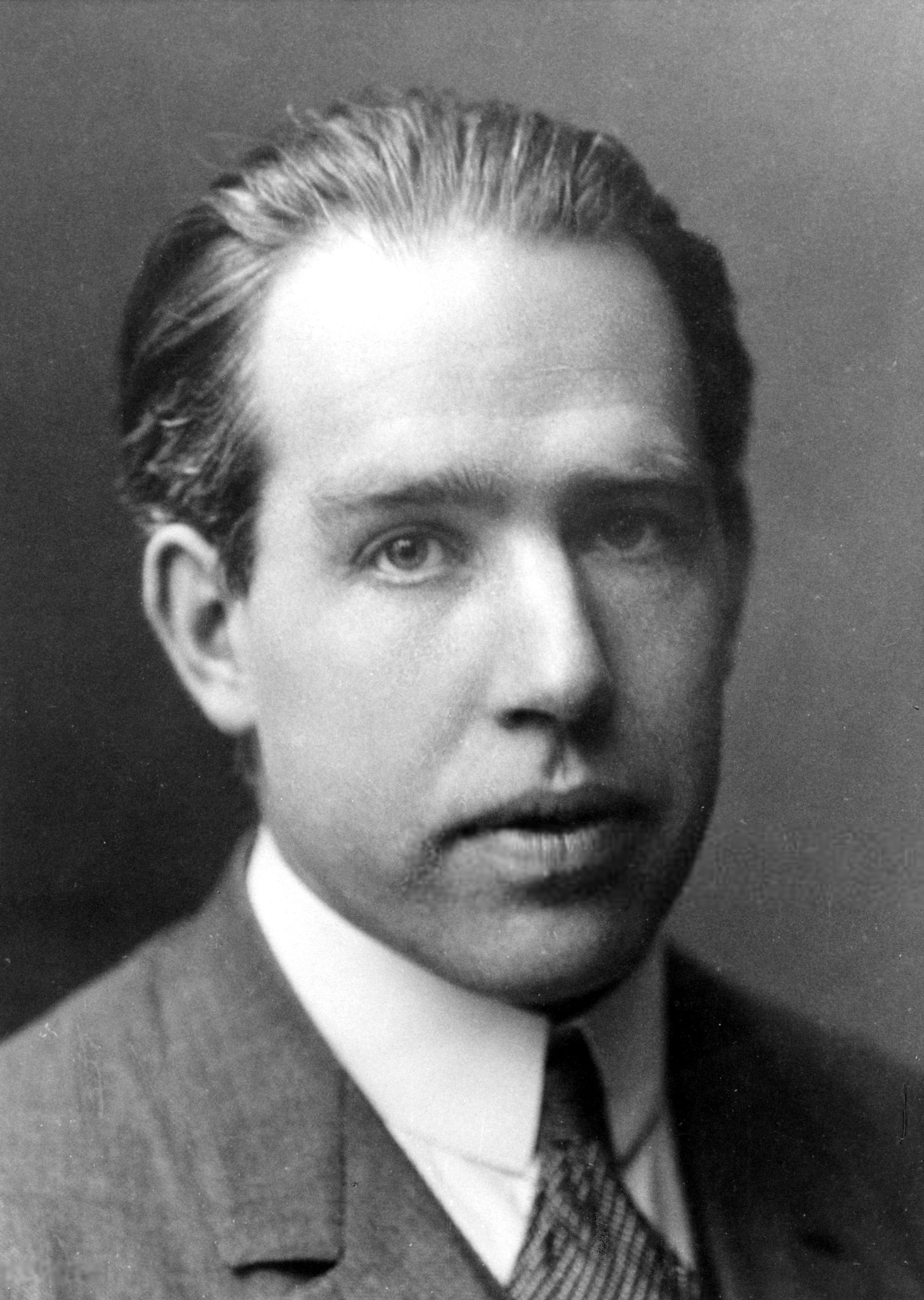Niels Henrick David Bohr najznámejšie citáty
Niels Henrick David Bohr citáty a výroky
Niels Henrick David Bohr: Citáty v angličtine
“I go into the Upanishads to ask questions.”
As quoted in God Is Not One : The Eight Rival Religions That Run the World and Why Their Differences Matter (2010), by Stephen Prothero, Ch, 4 : Hinduism : The Way of Devotion, p. 144
Said to Wolfgang Pauli after his presentation of Heisenberg's and Pauli's nonlinear field theory of elementary particles, at Columbia University (1958), as reported by F. J. Dyson in his paper “Innovation in Physics” (Scientific American, 199, No. 3, September 1958, pp. 74-82; reprinted in "JingShin Theoretical Physics Symposium in Honor of Professor Ta-You Wu," edited by Jong-Ping Hsu & Leonardo Hsu, Singapore; River Edge, NJ: World Scientific, 1998, pp. 73-90, here: p. 84).
Your theory is crazy, but it's not crazy enough to be true.
As quoted in First Philosophy: The Theory of Everything (2007) by Spencer Scoular, p. 89
There are many slight variants on this remark:
We are all agreed that your theory is crazy. The question which divides us is whether it is crazy enough.
We are all agreed that your theory is crazy. The question is whether it is crazy enough to be have a chance of being correct.
We in the back are convinced your theory is crazy. But what divides us is whether it is crazy enough.
Your theory is crazy, the question is whether it's crazy enough to be true.
Yes, I think that your theory is crazy. Sadly, it's not crazy enough to be believed.
Niels Bohr, "Discussions with Einstein on Epistemological Problems in Atomic Physics," in Paul Arthur Schilpp, Albert Einstein: Philosopher Scientist (1949) pp. 199-241.
“Oh, what idiots we all have been. This is just as it must be.”
In response to Frisch & Meitner's explanation of nuclear fission, as quoted in The Physicists - A generation that changed the world (1981) by C.P.Snow, p. 96
Speech on quantum theory at Celebrazione del Secondo Centenario della Nascita di Luigi Galvani, Bologna, Italy (October 1937)
As quoted in a letter written from J. Kalckar to John A. Wheeler dated June 10, 1977, which appears in Wheeler's "Law Without Law," pg 207.
